In spite of facing difficulties when eating at vegan restaurants, Elsa manages to find vegan food that suits her diet
Elsa Eustergerling (2003), is a young, half-German, half-Finnish vegan activist who devotes her time to creating content on social media, while also juggling her university studies in Visual Arts and Environmental Sciences. Her focus on sustainability and environmental awareness is an integral part of her identity, and it is reflected in both her creative work and her everyday life.
When and why did you decide to adopt the vegan lifestyle?
I decided to go vegan about 4 years ago at the age of 16. At that point I had already been a vegetarian for 4 years before that (at the age of 12). Going vegetarian was initially something I copied form my older sister, but when it came to veganism, I was the first one in my close circle to do this transition.
I was growing very interested in environmental protection, which was introduced to me through the “Fridays for future” movement by Greta Thunberg, which then lead me to discover the contributions of the animal industry to climate change.
What inspired you to make this change in your diet and lifestyle?
Was a direct response to climate change and the newly acquired knowledge I had on animal industries harmful environmental impact.
I started as an experiment or a challenge for myself to see if I could adapt my diet so drastically in the name of environmental protection. However, it quickly turned into a life commitment as I learned more details about the industry and the cruelty it inflicts on animals.
«I now get my bloodwork done at least once a year to make sure I’m staying healthy, which is something I never did as a non-vegan.»
What were the initial challenges you faced when transitioning to veganism?
Initially I was very confused and almost lost, as I was not prepared for the transition. During the first few weeks I remember feeling very weak, due to not eating properly. I didn’t know how to replace the proteins and nutrients had prior to going vegan received through cheese for example.
How have you felt since then, both physically and emotionally?
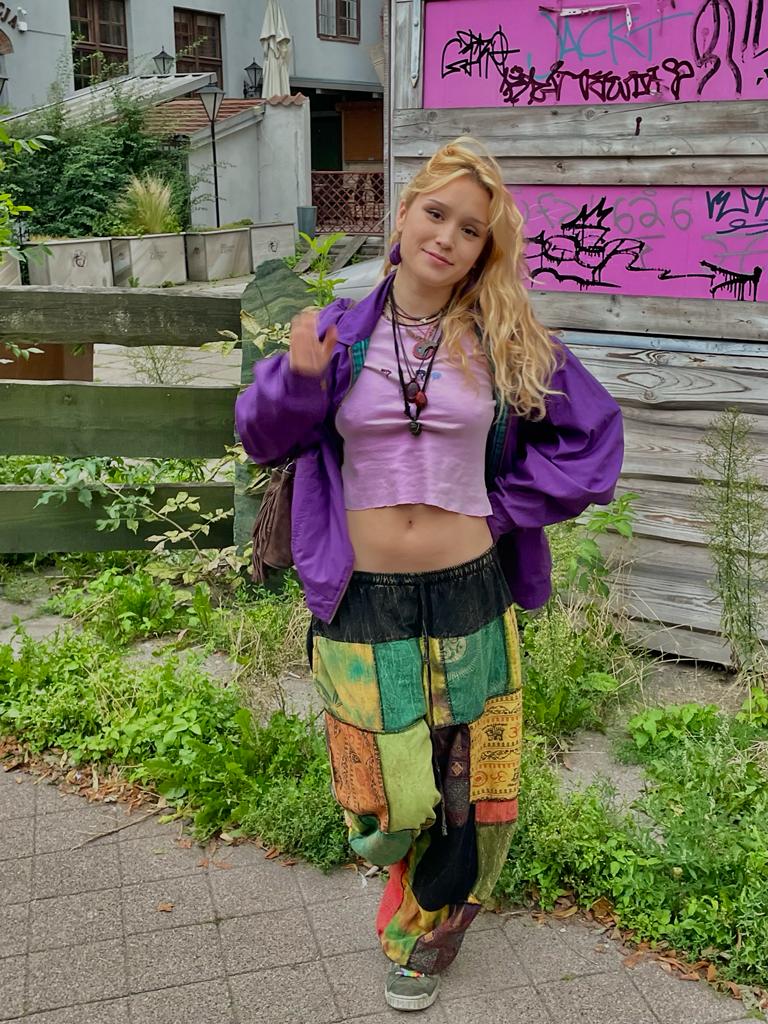
I’ve adapted my diet and become much healthier as I’ve had to conduct extensive research how to have a healthy balanced diet. Going vegan encouraged me to take better care of my body. I now get my bloodwork done at least once a year to make sure I’m staying healthy, which is something I never did as a non-vegan.
I feel a lot better mentally since I’ve become an active member of an animal rights activist group and feel like I’m doing something proactive.
What are the main ethical or environmental reasons that motivate you to follow this lifestyle?
The main reason I went vegan was to protect the environment and minimize my contribution to climate change (It causes 18% of greenhouse gasses and is the number one contributor to deforestation). Notably, I’ve stayed a strict vegan, not necessarily for the environment but rather for the animals. I feel a strong moral conviction to not contribute to any sentient being’s death, suffering or exploitation.
«It turned into a life commitment as I learned more details about the industry and the cruelty it inflicts on animals.»
How do you believe your choice impacts the environment and animal welfare?
I’m aware of the fact that my individual contribution of being a vegan doesn’t have a very large impact on either the environment or animal welfare, but at least I’m not directly contributing to either.
Affecting other people or even just trying to educate the general public has likely a bigger impact than my individual choice of being vegan. Multiple people’s small dietary changes have a much bigger impact than one individual’s strict vegan diet.
What are your main sources of protein and other essential nutrients in a vegan diet?
My main sources of protein are lentils, chickpeas, beans, as well as vegan “meat” supplements that are often rich in protein. Additionally, I also take vitamins for B12 and Iron as these are hard to obtain simply through food.
«During the first few weeks I remember feeling very weak.»
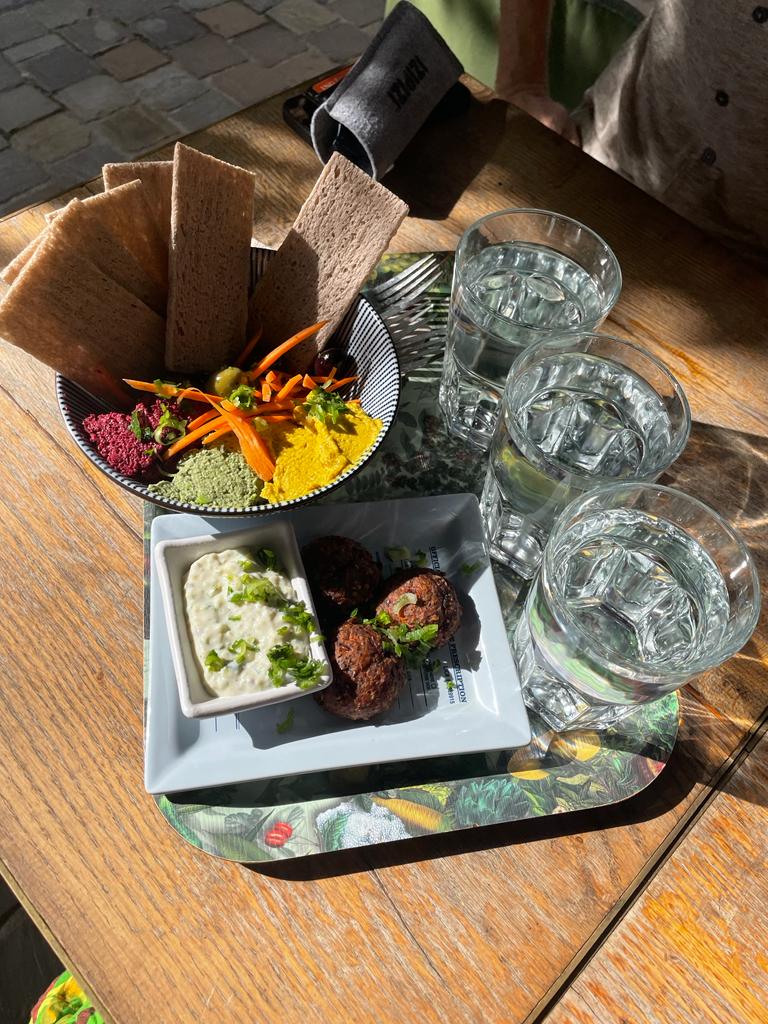
How do you plan your meals to ensure you get all the necessary nutrients?
I do not plan my meals and would consider myself a rather intuitive eater. My diet is healthier and more balanced than most of my non vegan friend’s diet.
«The notion of vegans being unhealthy or not getting enough protein is a stereotype that mainly applies to inexperienced or new vegans.»
Have you had difficult moments or socially challenging situations due to your choice of lifestyle?
There are many further challenges of being a vegan, especially being a “public” vegan, as there are many negative stereotypes associated with being an outspoken vegan. For example, the “angry vegan” stereotype that views all vegans as aggressive and judgmental of non-vegans. In my opinion this couldn’t be further from the truth as veganism is essentially a peaceful ideology that aims to avoid all types of violence.
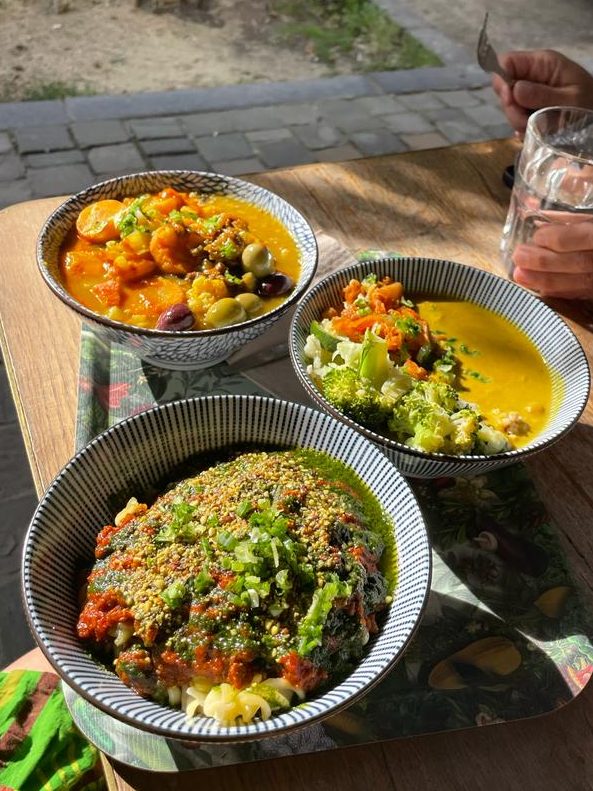
How do you deal with challenges that may arise in social events or when dining out?
I used to struggle a lot with eating out when I first went vegan, as I felt a lack of vegan options or sometimes even not considered in social settings. Now I’ve adapted and learned to make sure beforehand to check a restaurants vegan options before dining out.
«Stereotypes have led to many uncomfortable discussions or even arguments, where people sometimes will ridicule my lifestyle.»
What would you recommend to someone who is considering adopting veganism but doesn’t know where to start?
To start I would recommend replacing certain animal products, such as cheese or meat with vegan alternatives. In order to grow familiar with such options.
I can also recommend challenges such as “Veganuary”, going vegan for one week or adapting a vegan diet for one day each week. You can also begin by first going vegetarian, simply not eating meat, and then slowly cut out other non-vegan products.
«I really recommend not going cold turkey vegan or at least being appropriately prepared to do so. Number one thing anyone who is interested in veganism should do is: research!»
What are some helpful resources or tips that you have found useful in your own vegan journey?
It´s important to have a strong reason for going vegan as staying motivated with such a drastic lifestyle change can be difficult. I didn’t lose sight of why I went vegan. If someone just wants to try going vegan without a strong insensitive to do so, they are more likely to ‘fail’.
How do you see yourself in relation to veganism in the coming years?
I see myself staying a vegan for the rest of my life. I also hope to influence more people to go vegan in the coming years.
Do you have any goals or projects related to veganism that you would like to share?
I really want to be more outspoken on being vegan and on the reason why I’m vegan, especially on social media. Unfortunately, I’m really scared of the possible backlash and hate I would receive. Hopefully I will grow the courage to openly post about animal industries issues, as it could impact a much broader group of people.



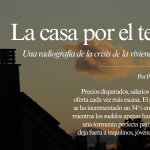





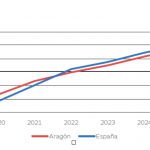




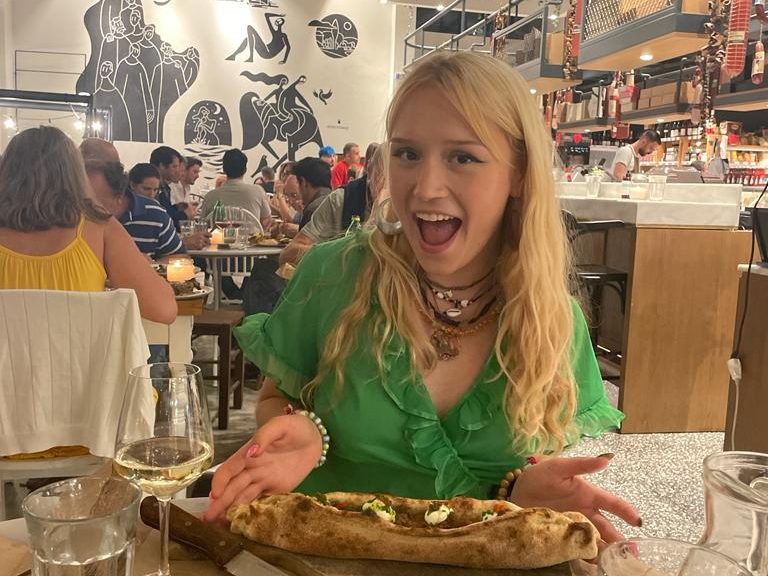

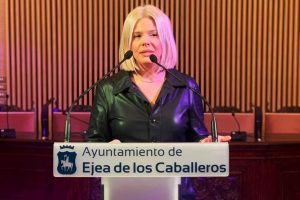


Comentar